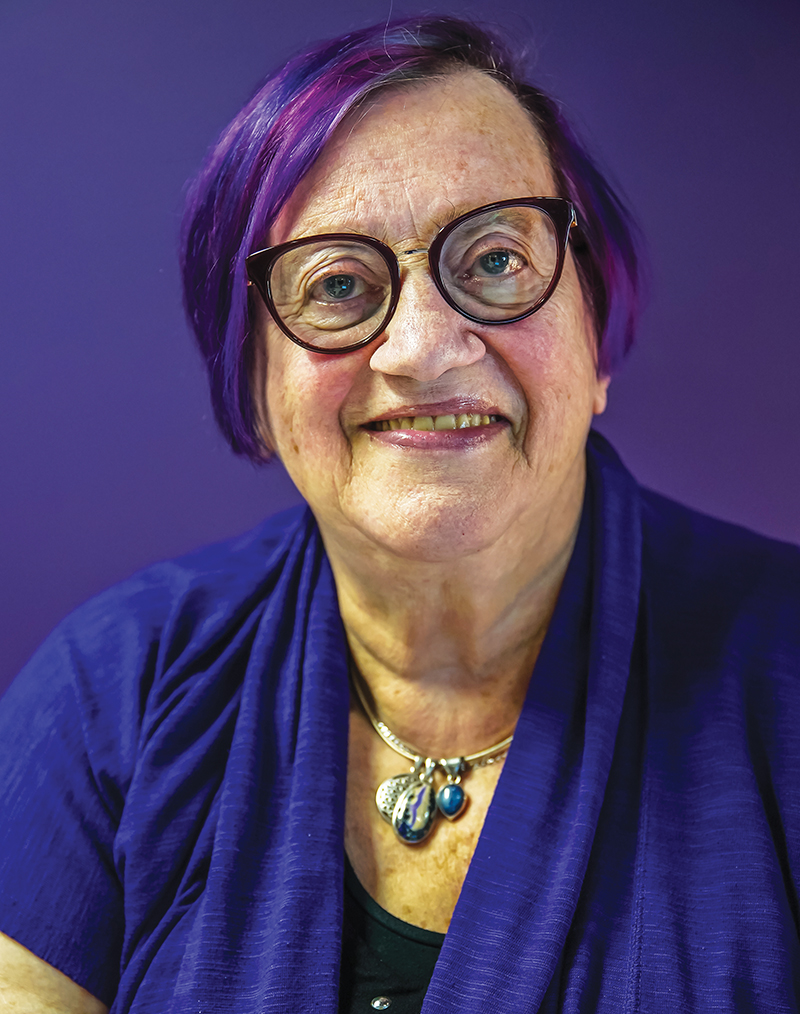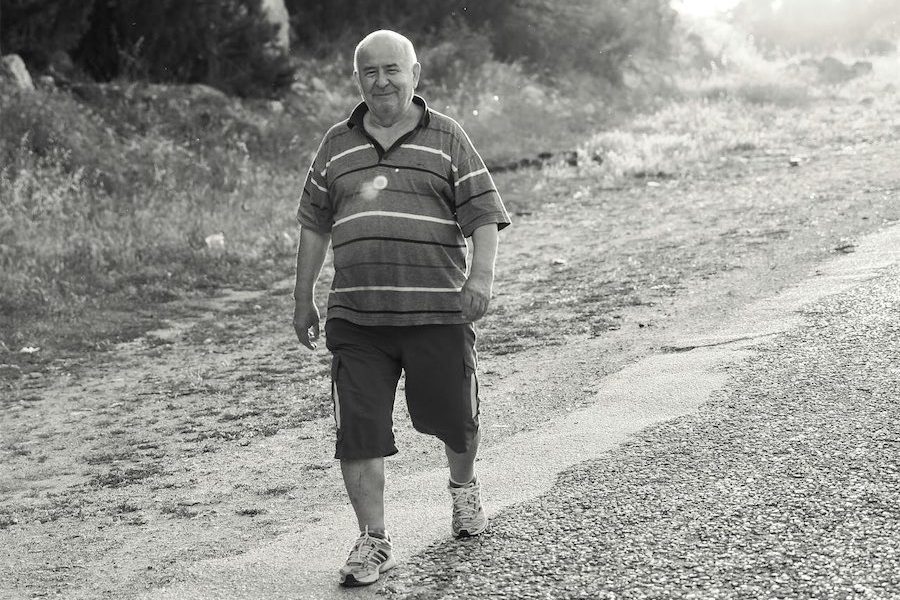Chartered accountant GAIL FREEMAN explains some of the ins and outs of taxation on superannuation. This is a sponsored post.
Lorna was watching television and was startled by the revelation that people could be taxed on their superannuation when it is left to an estate.
“Surely, that can’t be right?” she asked when seeking clarification from me.
I told her I would explain how superannuation works and how this was possible.
“When you are left a bequest from a deceased estate you are correct that no tax is paid,” I said.

“However, superannuation proceeds are dealt with under different legislation, so the taxation may be different. If a superannuation death benefit is paid to a dependent as a lump sum, it is not taxed.
“A dependant includes a spouse, a child under 18 or anyone who is a financial dependant of the deceased. The superannuation legislation refers to a child of any age but the tax legislation refines this definition to include children under 18.
“This means that if a superannuation death benefit is paid to an adult child then tax is payable on that payment.”
“To work out the tax rate you need to find the relevant components of the lump sum. The components are known as tax free, taxable taxed and taxable untaxed.
“The tax free component results from non-concessional contributions that have been made to the superannuation fund. The taxable taxed component results from concessional contributions that you or your employer have made and earnings of the fund that have had tax paid on them.
“While taxable untaxed components arise when proceeds are paid from a defined benefit fund, such as CSS, PSS or MSBS or insurance proceeds paid on death to the superannuation fund and then to the beneficiary. The tax rate on taxable taxed components is 15 per cent plus 2 per cent Medicare levy, if applicable. The rate payable on taxable untaxed components is generally 30 per cent plus 2 per cent Medicare levy if applicable. Concessional contributions are those that have had 15 per cent tax paid on them while in the fund and non-concessional contributions have had no tax paid on them when the contributions are made to the fund.”
Lorna then asked how she could tell the components of the lump sum.
“Usually these are advised on retirement,” I said.
“If you are aged under 67, it may be possible to change the components using what is known as a re-contribution strategy. That is you can withdraw a mixture of taxed and untaxed contributions and then recontribute a maximum of $330,000 as a tax-free contribution.
“If you are aged between 67 and 74 then you could use the same strategy provided you pass the work test, but the maximum amount you can withdraw is currently $110,000.
“In the last Budget the government announced the removal of the work test if you are aged between 67 and 74. When this legislation is passed you should be able to do a re-contribution strategy over a number of years.
“However, that legislation has not yet been passed. When it is that could be a good strategy for you to employ as part of your estate plan. However, once you are over 75 this is not an option.”
Lorna said: “Thanks, Gail, that clarifies the position. Let’s hope the legislation is passed soon.”
If you or your family have any superannuation queries contact the friendly team at Gail Freeman & Co Pty Ltd call 6295 2844, email info@gailfreeman.com.au or visit gailfreeman.com.au
Disclaimer
This column contains general advice, please do not rely on it. If you require specific advice on this topic please contact Gail Freeman or your professional adviser.
Authorised Representative of Lifespan Financial Planning Pty Ltd AFS Lic No. 229892.
Who can be trusted?
In a world of spin and confusion, there’s never been a more important time to support independent journalism in Canberra.
If you trust our work online and want to enforce the power of independent voices, I invite you to make a small contribution.
Every dollar of support is invested back into our journalism to help keep citynews.com.au strong and free.
Thank you,
Ian Meikle, editor




Leave a Reply